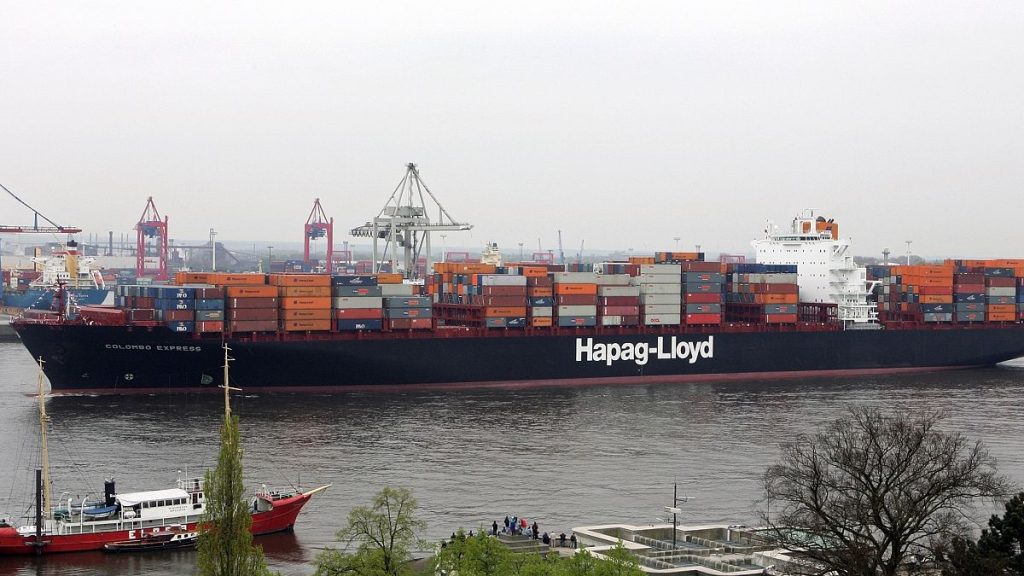Over the past five years, the amount of cocaine seized in major European ports has tripled, posing a serious security threat to the continent. As a result, European ministers are meeting with their South American counterparts in Hamburg, Germany to address the issue of spiraling drug-related violence. The European Commission has described the surge in cocaine imports as one of the most serious security threats facing Europe, prompting the need for greater international cooperation against cartels. The European Ports Alliance was established in October by the Commission to counter rising organized crime, following record-breaking cocaine seizures in Rotterdam and Algeciras.
The ministerial meeting in Hamburg includes representatives from several European countries, as well as EU police agency Europol and South American nations, which are the primary source of Europe’s cocaine imports. The German interior minister, Nancy Faeser, emphasized the importance of making deep-sea ports safer to prevent them from being used as gateways for trafficking large quantities of cocaine. She called for increased collaboration and coordination among European and international law enforcement agencies to combat drug cartels and reduce drug-related violence. The rise in gang-related violence and drug overdoses among European users has underscored the urgent need for action to address the escalating crisis.
Authorities in major European ports such as Hamburg have seen a significant increase in the amount of cocaine seized in recent years, with nearly 44 tonnes confiscated in 2023 alone. This surge in drug smuggling has been accompanied by a rise in gang-related violence, with innocent victims, including children, caught in the crossfire. In response to tightened security measures, some criminals have resorted to changing their tactics, such as jettisoning illicit cargo from fishing boats before reaching ports like Antwerp, Belgium. The need for more effective strategies to combat drug trafficking and related violence is evident, as law enforcement agencies continue to grapple with the challenges posed by sophisticated criminal networks.
Costa Rica, a major transit point for drugs destined for Europe, has sought assistance from Brussels to address its own surge in trafficking-related murders. In February, French police conducted a large-scale anti-drug operation that resulted in the arrest of over 190 individuals involved in drug trafficking. The collective efforts of European and South American countries, as well as international agencies like Europol, are crucial in disrupting drug cartels and dismantling their operations. By enhancing cooperation and information sharing, law enforcement authorities can better intercept cocaine shipments and prevent them from reaching European markets, ultimately reducing the harm caused by drug-related violence and addiction.
The establishment of the European Ports Alliance and ongoing ministerial meetings are important steps towards addressing the escalating crisis of drug trafficking and violence in Europe. By working together to strengthen port security, enhance coordination among law enforcement agencies, and disrupt the activities of drug cartels, European countries can make significant progress in curbing the flow of cocaine into the continent. The commitment to international cooperation and joint efforts with South American partners is crucial in tackling the root causes of drug-related violence and reducing the harm inflicted on communities and individuals affected by the illicit drug trade. As authorities continue to seize record amounts of cocaine in major European ports, the need for sustained action and collaborative strategies remains paramount in combating this pervasive threat to public safety and security.


